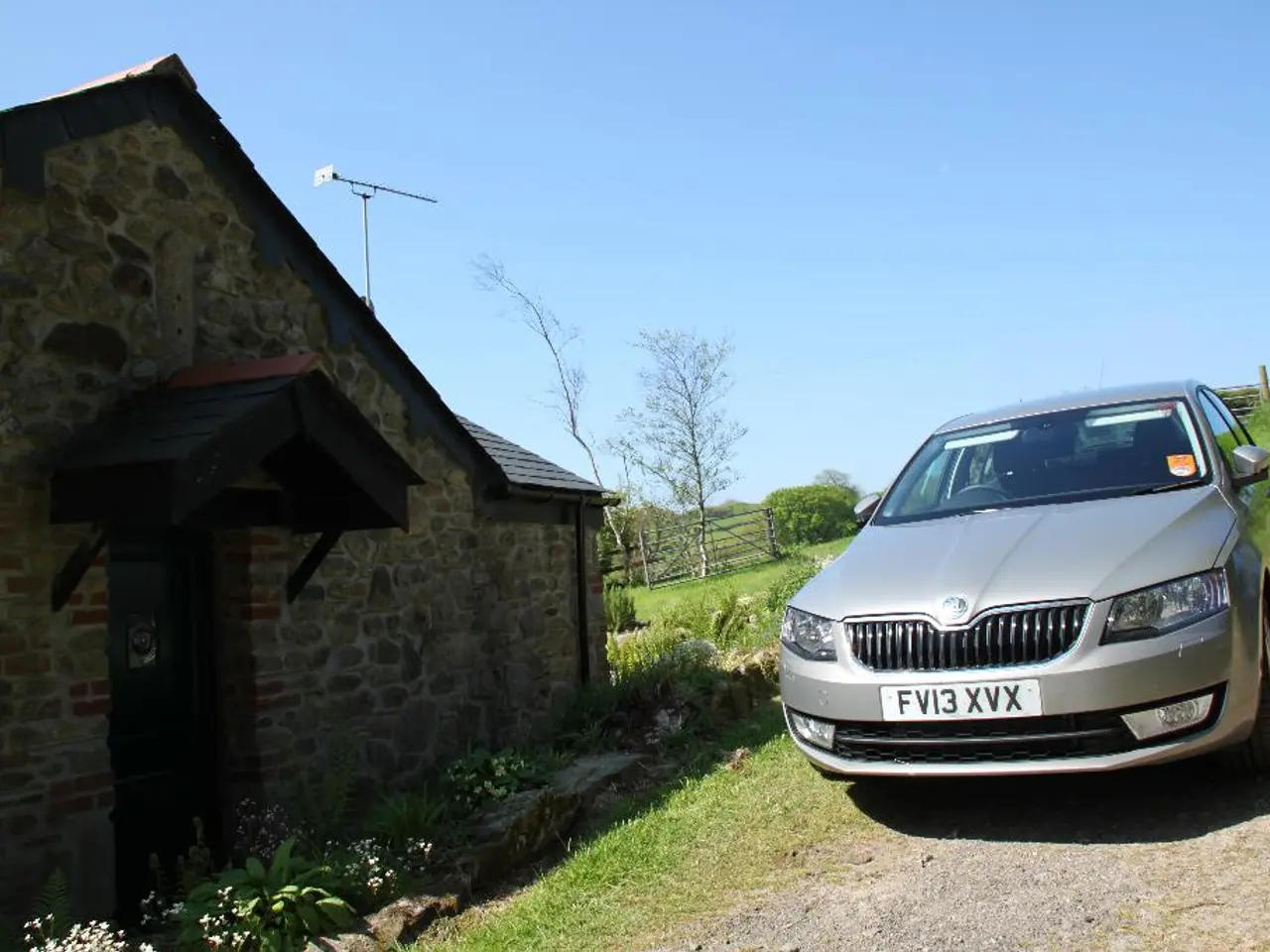German Trader Warns of Europe's 'Expensive' Green Energy Transition
European leaders, including Angela Merkel, Emmanuel Macron, and Pedro Sánchez, have been pushing for a significant reduction in coal and natural gas usage in electricity generation, promoting renewable energies instead. This shift, largely implemented in Germany's Energiewende, is also seen in France and Spain. However, Lars Schernikau, a German commodities trader and former wind farm manager, has raised concerns about Europe's green transition at a conference hosted by Estonian shale oil producer Viru Keemia Grupp.
Schernikau, who profits from market volatility increased by wind and solar farm development, criticized politicians' focus on the price per kilowatt-hour, arguing that the overall system cost, including grids and backup power plants, is expensive for consumers. He believes that the EU's planned carbon tax and fuel tax will disproportionately affect the poor. Schernikau argues that the unreliability of renewable energy sources and increased system costs threaten the continent's economy.
Schernikau points out that renewable energy systems require significant investment in both renewable capacity and dispatchable power plants to cover peak hours and maintain grid frequency. He describes Germany's decision to shut down nuclear power plants while betting on green energy as illogical, leading to a spike in electricity prices and economic suffering. Schernikau believes that European countries should invest in research and development for sustainable energy solutions before phasing out gas and coal, and continue improving existing technologies.
Schernikau argues that Estonia should not let the EU dictate its energy policies and should instead use its local resources, such as oil shale and biogas from waste, responsibly. He believes that Estonia should prioritize its own energy security and economic stability over following Brussels' guidelines.
Read also:
- EU's Role in Brazilian Rainforest Destruction
- Connecticut and Rhode Island seek court order to reactivate Revolution Wind project
- Catastrophic blast at a US Steel facility in Pennsylvania causes 2 fatalities, inflicts injuries on 10 individuals
- Weekly developments in the German federal parliament, the Bundestag








